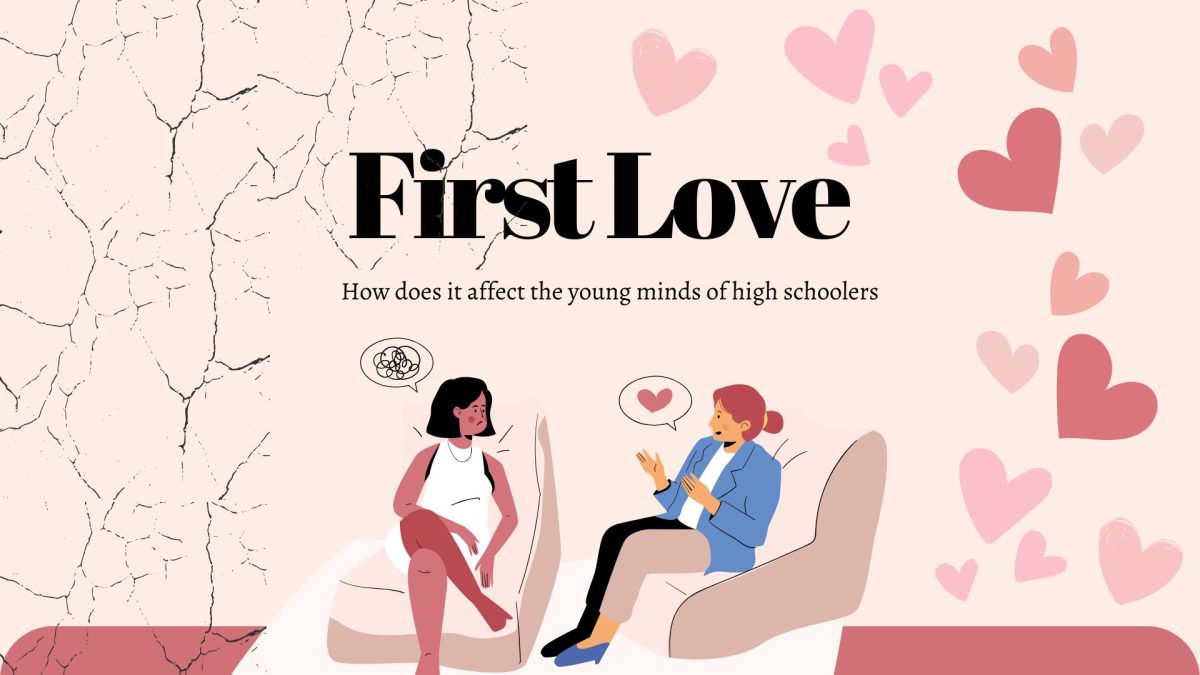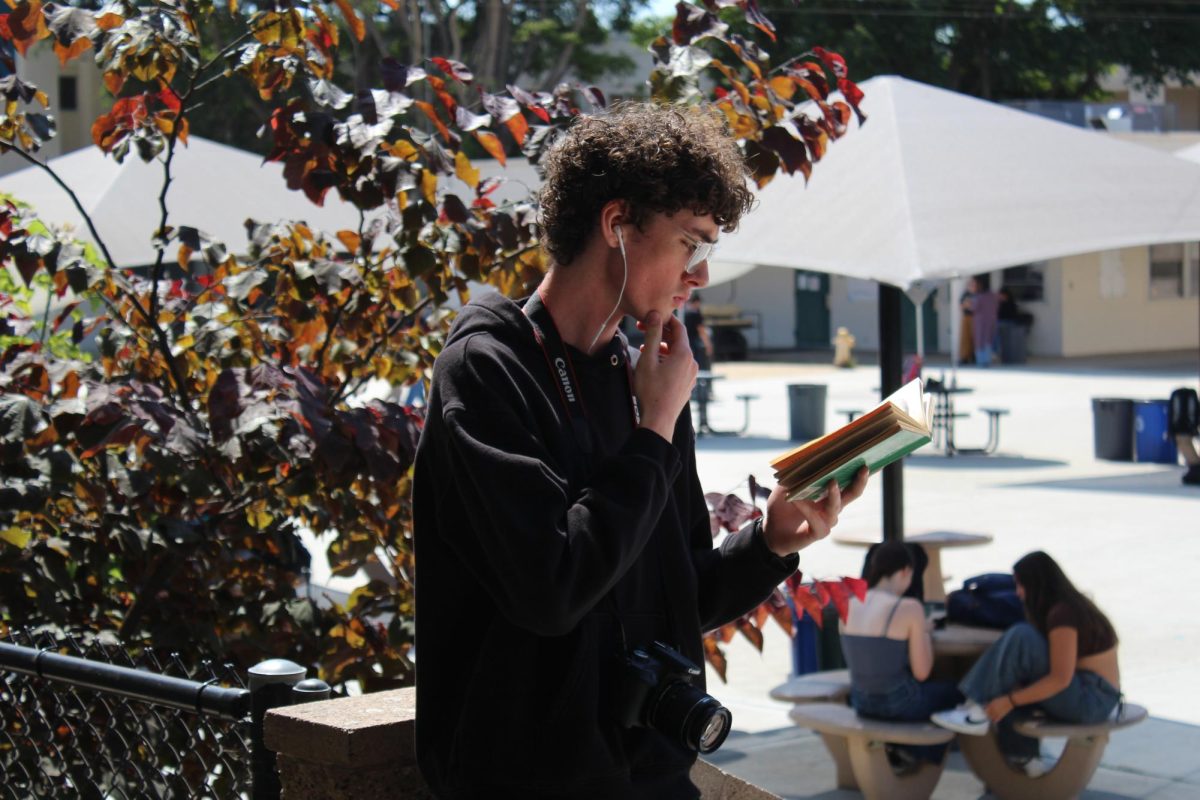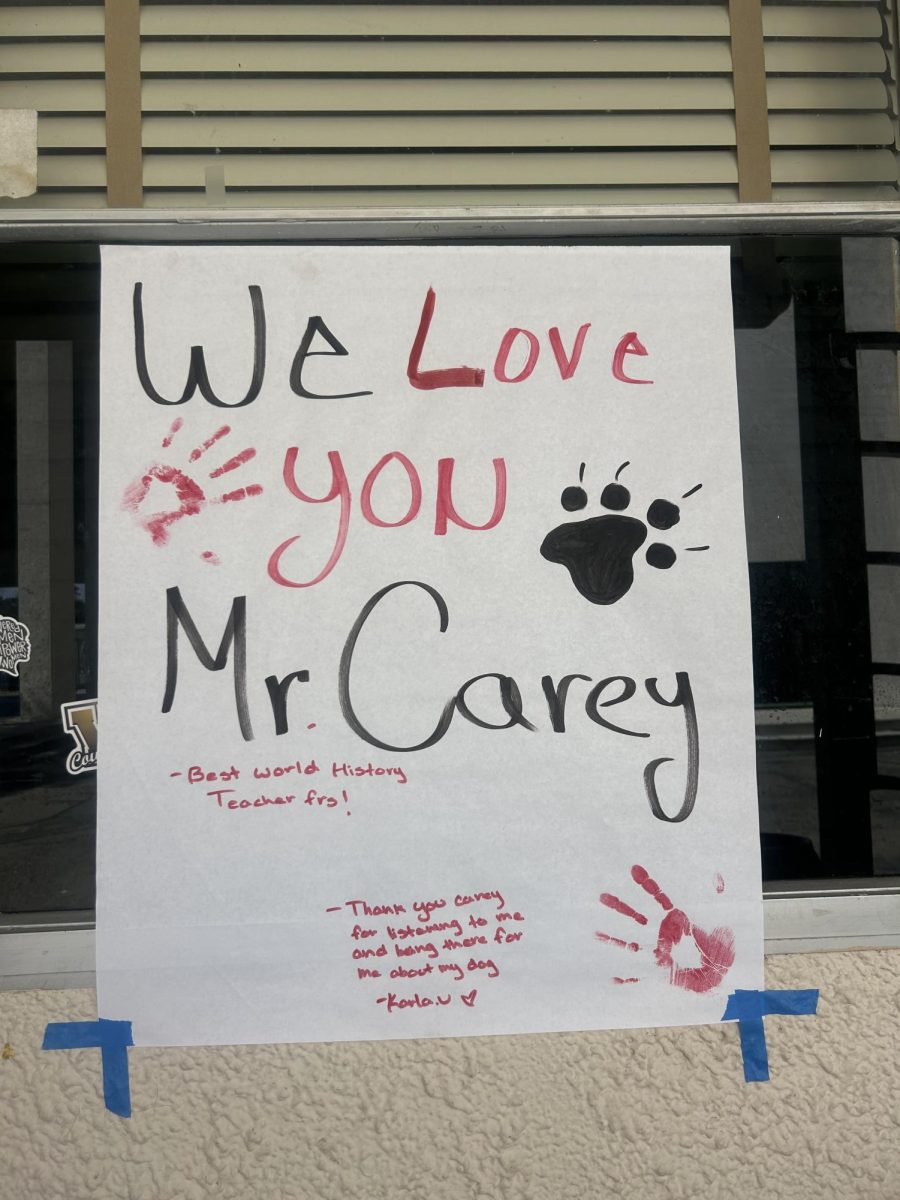Let’s face it, school’s not all that it could be. As of now, one of the most important pieces of a young adult’s life is high school. Going beyond the Ventura High School varsity football games, homecoming dances and overall thrill of the high school experience, here is a look at public education holistically and how it affects students at VHS. On that note, the question is: What does school really do for you?
Several VHS students were anonymously surveyed about what they felt school should do versus what they felt school actually does. A question asked: ‘In your opinion, what is the most important thing school should teach you?’ Responses varied, and one student replied that school should primarily focus on “math, taxes, economics, and money management for [the] future, everything else should be [optional], not mandatory,” with the support of many students. Others collectively agreed that “adult things,” life skills like staying organized, how to communicate effectively, and even simple things like cooking and paying rent, are at the top of the list.
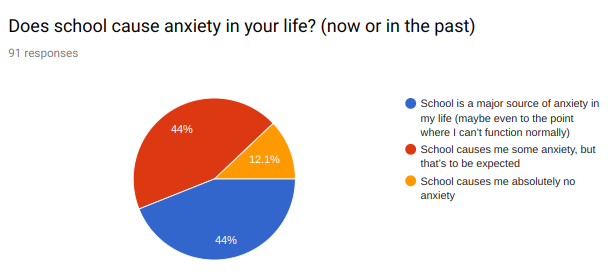
With the grave necessity of having knowledge pertaining to the social world around us, political awareness is of the utmost importance. A second question brought up social and political issues; over 60 percent of the students surveyed agreed that social and political issues are not adequately addressed at VHS. One student responded, “School should dedicate more time to making sure we know what is going on in the world–positives, negatives, whatever [is happening], [and] how it affects us.” The tallied responses brought forth one major conclusion – there is far too little social and political education, especially overviewing varying opinions, addressing both sides of the spectrum.
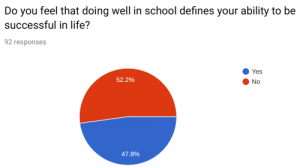
With political and social knowledge on students’ minds, and considering the belief trend that school doesn’t teach what it’s supposed to, a third question is asked: Do you believe that doing well in school defines your ability to be successful in life? To this, over 52 percent of students surveyed said that a student’s ability to do well in school does not, in fact, measure their ability to be successful in life.

Senior Olivia Miller passionately responded, “You learn from a young age that if you don’t do well in school you won’t get into a good university and will end up working a low paying job and be poor. [So] not only do we have unreasonable expectations from ourselves but our parents, teachers, and counselors add to that stress and pressure for us to do well in every aspect of our lives.”
With success on students’ minds, a more personal topic came up: Does school cause anxiety in your life? Unsurprisingly, 44 percent of students surveyed agreed that “school is a major source of anxiety in [their] life, maybe even to the point where [they] couldn’t function normally.”
To this, Miller also replied, adding, “With extracurricular activities and school we feel guilty going out with friends and trying to actually have a fun childhood. We are expected to grow and mature way too quickly and can’t enjoy a lot of things that make being a teenager so fun. My parents give me a hard time for going out, and if I slip up on one thing they act like the whole world is going to stop spinning and I’m going to crash and burn. I get anxiety because I feel I am spread way too thin.”

Directly in the company of anxiety is its sibling, depression. Students were asked: ‘Have you ever suffered from depression? Was it related to school?’ 36.6 percent of students said have suffered from depression and it was related to and/or affected by school. Junior Diego Garcia, who splits his busy schedule between school and wrestling, said, “For me, [the] depression comes when I try really hard and put my head into it, [then] it comes to test day and I feel confident, but getting it back and seeing a bad grade makes [me] feel like a failure and that I did all the work and got nothing out of it.”
Curriculum, social and political issues, success, and anxiety and depression are all ranking factors in the educational hierarchy. Some students have learned to play the education game: perfect attendance, good grades, sports… of course not measuring real world understanding. Each student is at their own level, just trying to make it work, trying to survive the system and find something that school really does for them.



